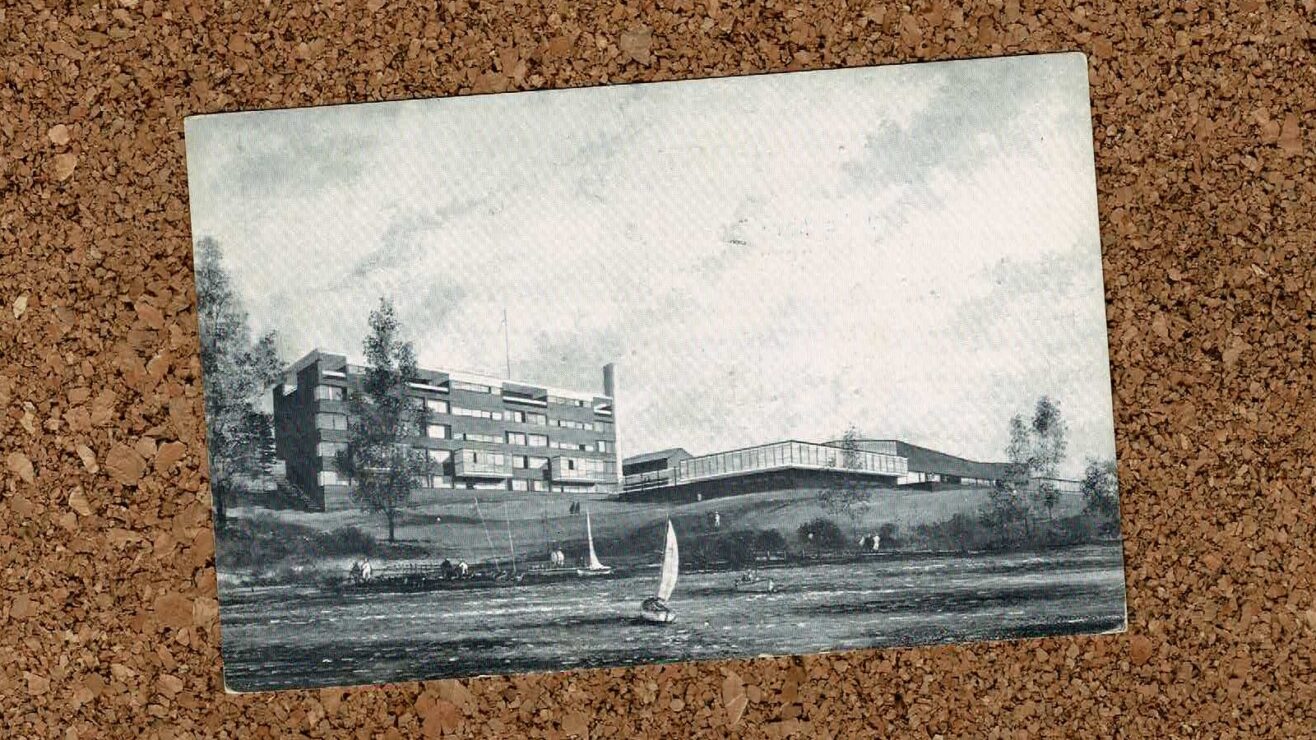The College of Law put out a press release on 17 April to announce the expected conclusion of the sale of their legal education business to the private equity firm Montagu. The sale of a private HE provider with degree awarding powers isn’t unprecedented, but it is unusual enough to have made the news. Unfortunately, the news reports have got some significant aspects of the story wrong because they don’t understand how degree awarding powers are regulated, and the College’s press materials on the issue were unhelpfully worded.
BBC say that Montagu has brought ‘a UK college with its own degree-awarding powers’. Times Higher Education has an even more explosive story, suggesting that the private equity firm will gain the degree awarding powers directly: ‘Montagu will hold the degree awarding powers and run the college as a for-profit entity.’ The Guardian uses vaguer language, saying that the sale ‘includes contractual commitments with law firms, as well as the College of Law brand and all its accreditations.’ So of the three, it is only The Guardian that manages not to get the story explicitly wrong.
There is no way that the College of Law can sell or transfer its degree awarding powers to anyone. This is impossible under English law. Degree awarding powers are granted by the Privy Council and cannot be transferred, exchanged or sold. When I saw the news yesterday (18 April) I spoke to colleagues at BIS and QAA to confirm my understanding, and I am glad to say that when I then spoke to the College of Law they removed the confusing phrase ‘our degree awarding powers will transfer with the sale’ from the FAQ on their press release, although you can still hear Nigel Savage, the College’s CEO, make essentially the same claim ‘our degree awarding powers will seamlessly transfer’ about 1 minute thirty seconds into this interview on the College’s site.
As the College has withdrawn the statement in their FAQ, there doesn’t seem to be any clear current statement about what they expect to happen to the degree awarding powers. This is unfortunate. It would have been helpful if the College had put up new material to clarify what they meant by their FAQ, and I hope they will do this soon. Their current students deserve reassurance about what will happen to the degree awarding powers, and those of us in the rest of the sector also have an obvious interest. As a charity with a Royal Charter, the current College of Law is constitutionally similar to many existing public-sector universities (mostly pre-92s) so the outcome of this sale has direct implications for them, their staff and their students too.













Thanks, Andrew. This is very useful.
But if the DAP don’t transfer, but the staff do, how is there a community of scholars who self-critically safeguard the degree standards? And how does this effect the renewal of CoL’s Degree Awarding Powers – which were granted in 2006 and are now due for renewal?
Under existing guidance, the renewal should be more-or-less automatic following the College’s successful review in May 2011 (http://www.qaa.ac.uk/InstitutionReports/Pages/College-of-Law.aspx). Beyond that it is largely speculation, which I had rather leave in the decent obscurity of my own blog than publicise in a respectable place like WonkHE.
I don’t know when we became so respectable 🙂 However, you can read Andrew’s baseless speculation here at the bottom of the post: http://heplanningblog.blogspot.co.uk/2012/04/college-of-law-misunderstandings.html
Have the FAQs now been revised?
http://www.college-of-law.co.uk/About-the-College/College-of-Law-change-of-ownership—FAQs/#What_is_the_sale_conditional_on?
“The sale is conditional on the receipt of a number of regulatory consents, which are expected to be forthcoming over the coming months.”
I believe that statement was there yesterday. As far as I am aware the only change has been to delete the FAQ explicitly referring to degree awarding powers.